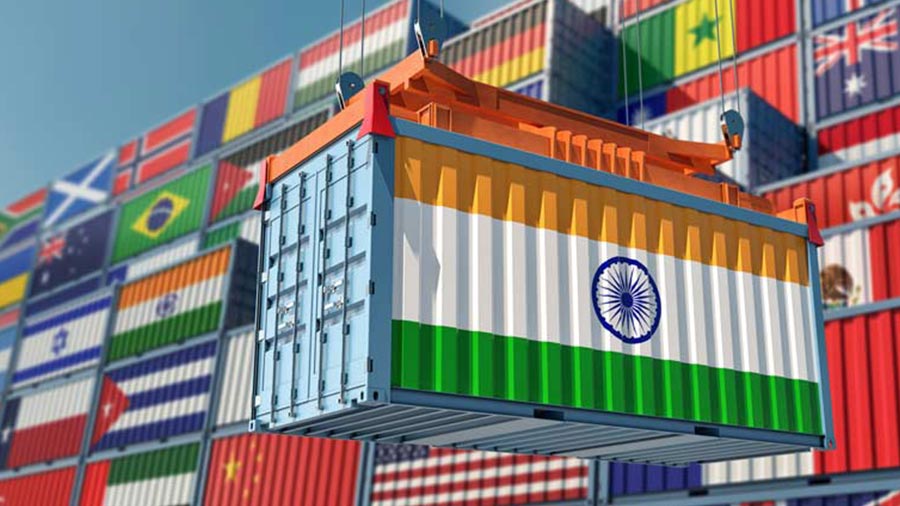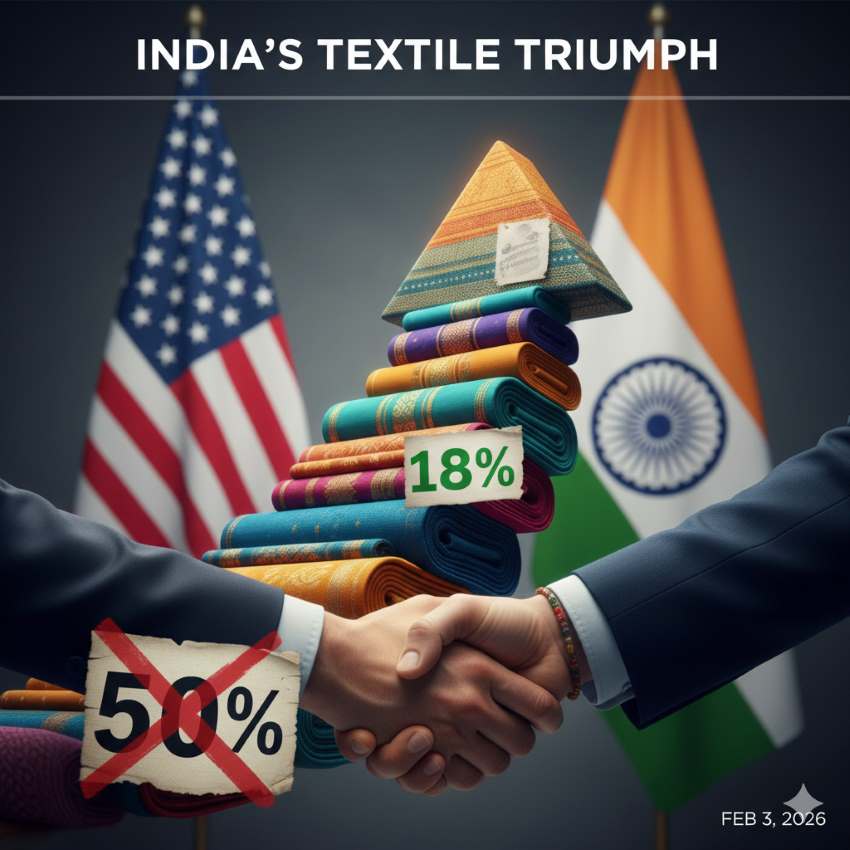Benefiting from an influx of orders driven by rising costs and political instability in competitor Bangladesh, along with international restrictions on China, Pakistan’s textile exports rose to by 13 per cent Y-o-Y to $1.64 billion in Aug’24.
Shagufta Irshad, Research Analyst, JS Global, the recent turmoil in Bangladesh alongwith the restrictions on China have led to clothing importers across the globe increasingly shifting orders to alternative markets like Pakistan, India, and Vietnam. As a result, Pakistan RMG exports grew by 28 per cent in Aug’24 while knitwear and bedwear exports increased by 15 per cent.
This shift in demand has allowed Pakistani exporters to secure higher prices for textile products. During Aug’24, average knitwear prices rose by 14 per cent Y-o-Y, while RMG prices expanded by 58 per cent. Leading Pakistani textile firm, Interloop Ltd (ILP) is expected to benefit significantly from this with declining input costs and rising export prices boosting the company’s profit margins.
Additionally, a rebound in cotton prices has further supported the value-added textile sector. Since July 2024, international cotton prices have increased by 20 per cent, and local cotton prices have risen by 8 per cent. However, Pakistan's domestic cotton production has fallen short of expectations. The industry projects an output of 6.5-7 million bales this year, significantly lower than the government's target of 10.8 million bales for FY25. This shortfall is attributed to a decrease in the area under cultivation and adverse weather conditions.
The reduced cotton crop has forced Pakistani textile manufacturers to increase cotton imports by 8 per cent during the first two months of FY25. Despite a 20 per cent recovery in international prices, cotton imports remain 13 per cent lower than the same period last year, partially offsetting the gains in export prices.












